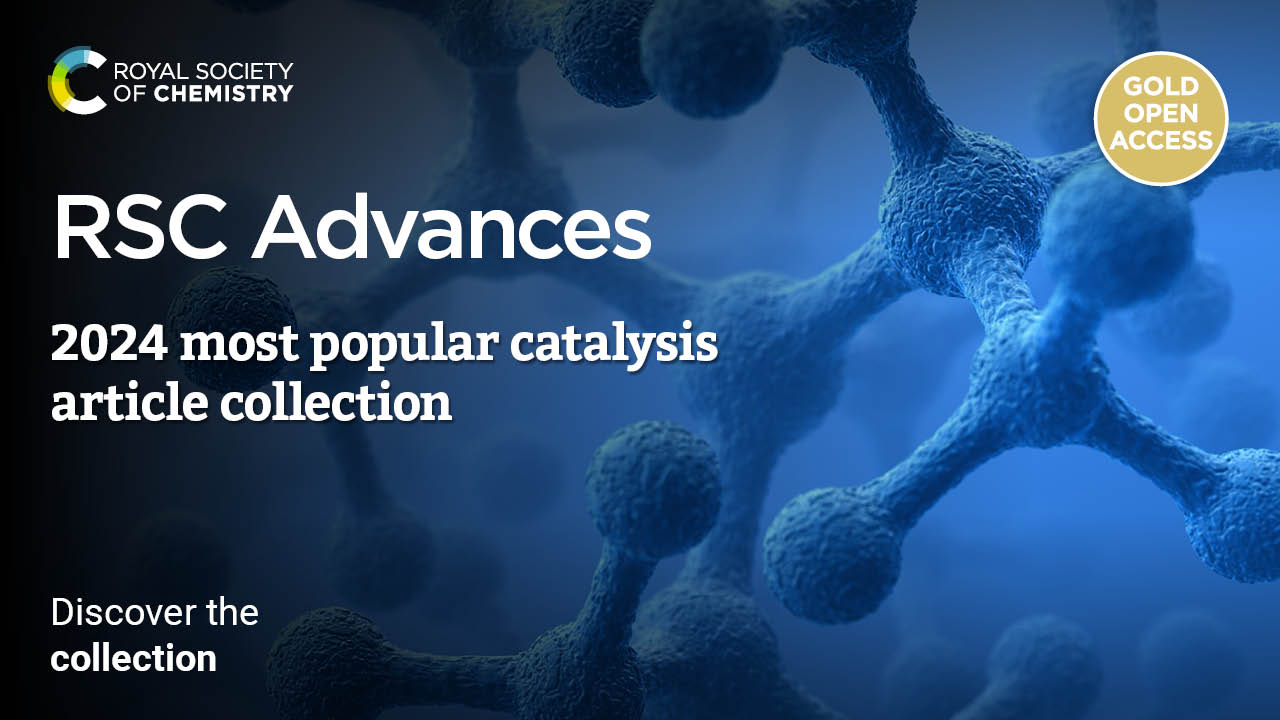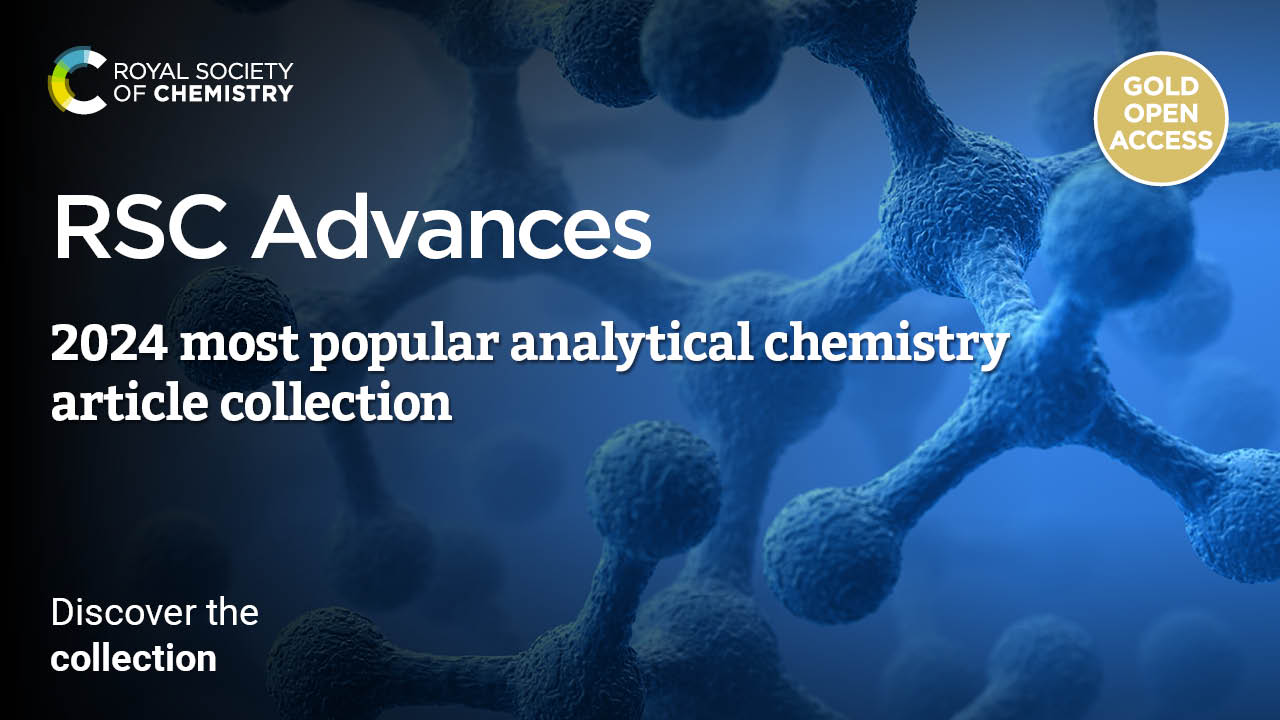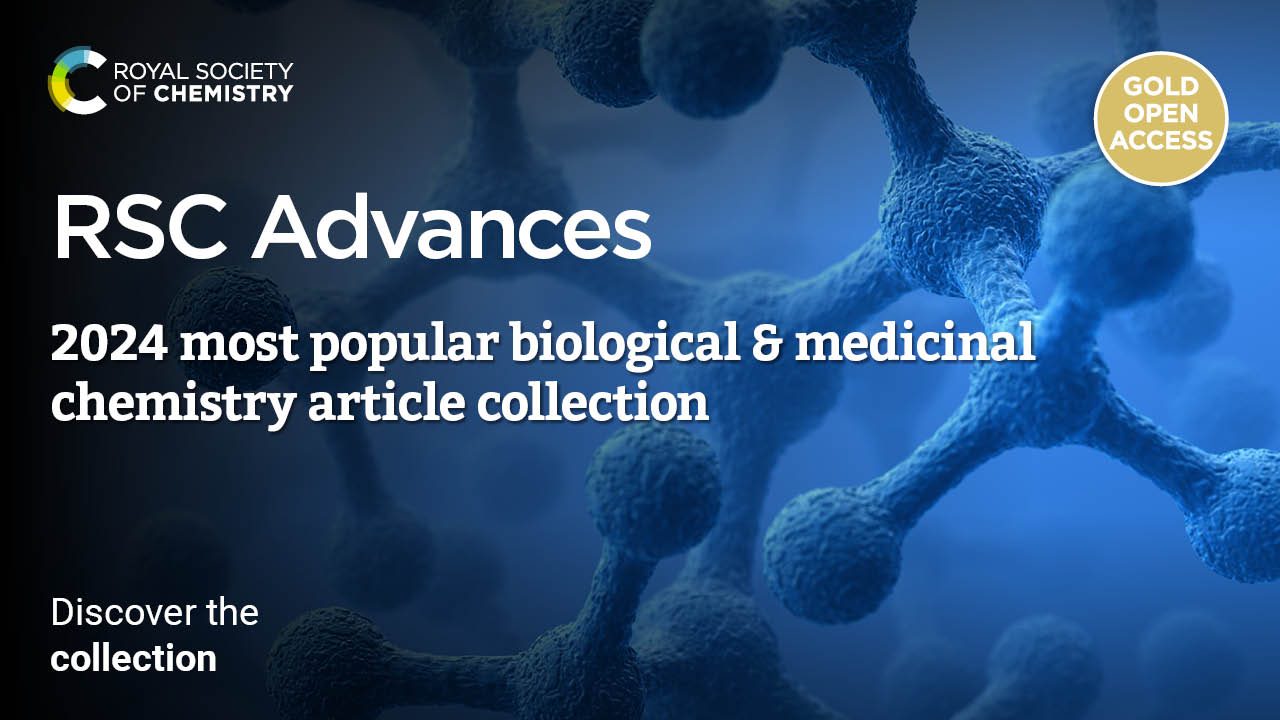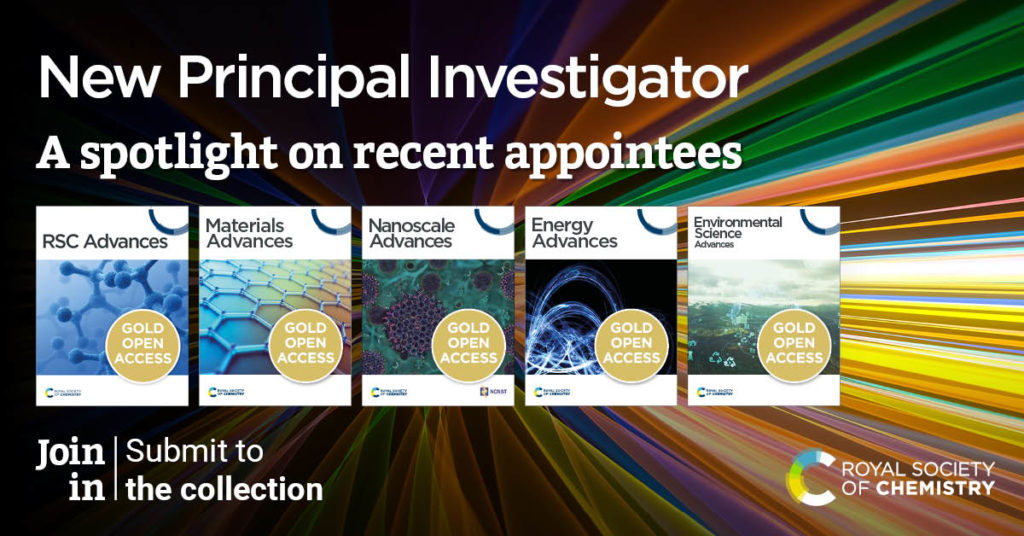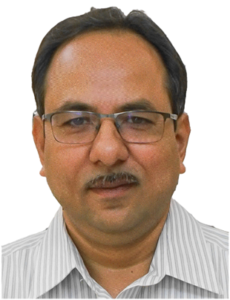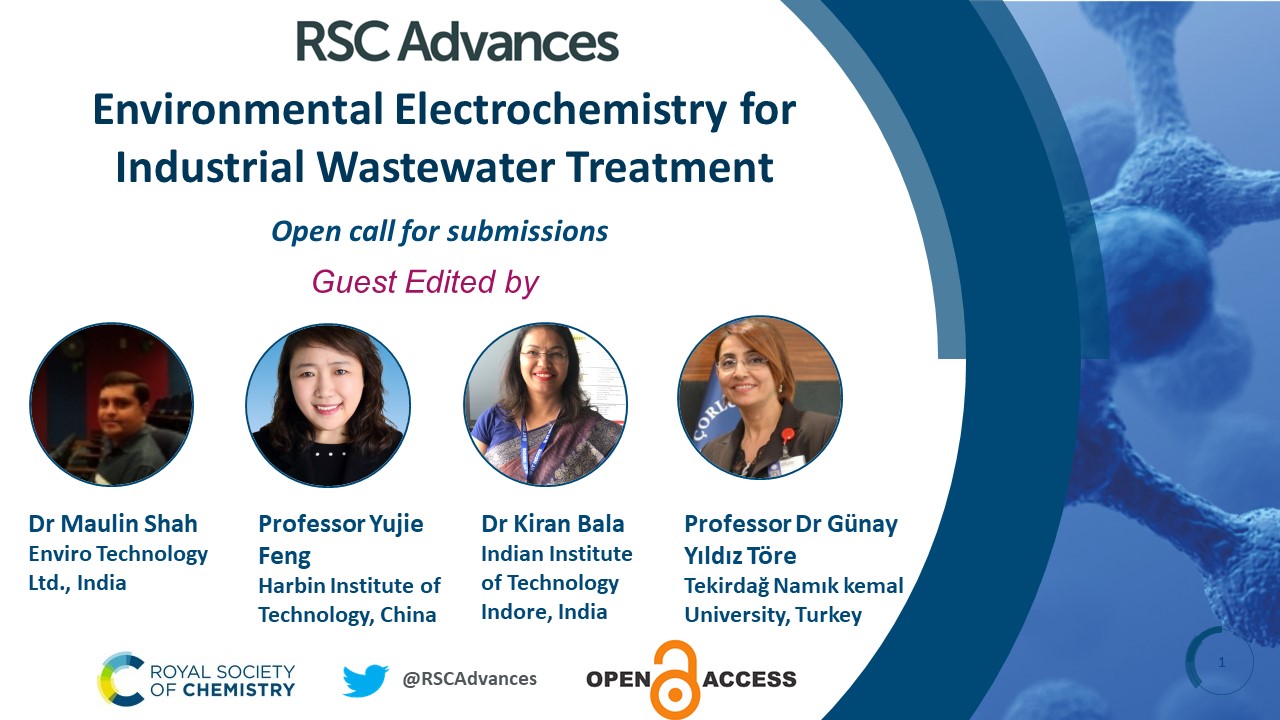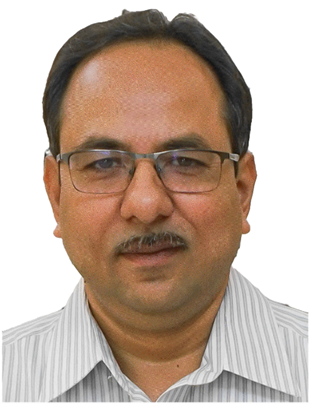Welcome to our Emerging Investigator Series 2021. This series showcases some of the very best work from chemists in the early stages of their independent careers. In keeping with the theme of RSC Advances as a cross-cutting chemistry journal, in this inaugural issue with the help of our Series Editor Professor James Batteas, 23 papers were published as part of the collection spanning the breadth of chemistry on topics ranging from the development and application of analytical tools and devices for chemical analysis, to the design and synthesis of bioactive materials for disease treatments, to catalysis and synthesis of new materials. You can read all about the contributions in this accompanying Editorial, prepared by the 2021 Series Editor James Batteas.
We would like to take this opportunity to highlight an author from the series, Dr. Scott Tsai. We interviewed Scott to find out more about his area of research and his contribution to the series.
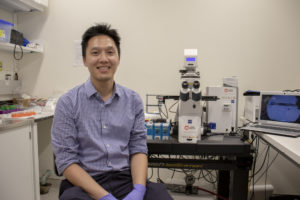
An ultrafast enzyme-free acoustic technique for detaching adhered cells in microchannels
Alinaghi Salari, Sila Appak-Baskoy, Imogen R. Coe, Scott S. H. Tsai and Michael C. Kolios
RSC Adv., 2021,11, 32824-32829
Dr. Scott Tsai is the Director of the Graduate Program in Biomedical Engineering, and an Associate Professor in the Department of Mechanical and Industrial Engineering at Toronto Metropolitan University (formerly Ryerson University). His undergraduate training in Mechanical Engineering is from the University of Toronto, and his masters and PhD degrees in Engineering Sciences are from Harvard University. Dr. Tsai’s laboratory specializes in droplet and bubble microfluidics. His group also collaborates actively with hospital researchers to implement these technologies in medical applications related to kidney disease and prostate cancer. Dr. Tsai is a recipient of the United States’ Fulbright Visiting Research Chair Award, Government of Ontario’s Early Researcher Award, and Toronto Metropolitan University’s Deans’ Teaching Award.
Could you briefly explain the focus of your article to the non-specialist (in one or two sentences only) and why it is of current interest?
Our paper describes an acoustic force technique for detaching cells initially attached to a substrate. This approach is interesting because it is chemical-free, while conventional methods usually utilize enzymatic reactions that can damage the cell membrane.
How big an impact could your results potentially have?
The impact may be significant for detaching adherent cells from microfluidic or lab-on-a-chip devices, where, due to the nature of the slow-moving flows, conventional detachment methods require multiple washing steps. Our acoustic technique enables single-step cell detachment.
Could you explain the motivation behind this study?
Adherent cultured cells are used ubiquitously in laboratories, and most of the time researchers use trypsinization (an enzymatic method) to detach cells from the substrate. We were motivated to create a non-enzymatic approach that detaches cells rapidly.
In your opinion, what are the key design considerations for your study?
We wanted to minimize the duration of the cells’ exposure to acoustic forces. This was realized since, due to the nature of the acoustic perturbation we introduced, the acoustic excitation exposure the cells experienced was greatly reduced as soon as the cells detached from the substrate.
Which part of the work towards this paper proved to be most challenging?
As a researcher with a background in engineering and physics, I found the most challenging aspect of this work to be figuring out what characteristics of a cell detachment method are important for other researchers. For example, we learned that it was critical to demonstrate the re-attachment ability of the cells, and whether they can spread and regain their original morphology within a short period of time.
What aspect of your work are you most excited about at the moment?
Right now, we are working using a similar approach to generate acoustic microstreaming flows from adherent cells, and using the microstreaming velocity to predict the mechanical properties (like stiffness) of the cells. This is very exciting because existing gold-standard methods for measuring cellular mechanical properties are complicated, and we are developing an approach that can potentially help reduce the complexity.
How has your research evolved from your first article to this particular article?
I was trained as a fluid mechanician, so my first articles were all about fundamental fluid mechanics. Since becoming an independent investigator, and having my lab located in a hospital building, I’ve collaborated a lot more with biological scientists and clinicians, and learned much more about important questions in biology and medicines. Many of my more recent articles feature the application of physics and engineering to address biological questions.
What is the next step? What work is planned?
My lab is continuing our work on microfluidics with microbubbles, acoustics, and aqueous two-phase systems (ATPS). For now, we will continue developing these technologies while collaborating with hospital researchers to apply the technologies in pre-clinical and clinical settings.
Why did you want to publish in RSC Advances?
Several RSC journals, including Lab on a Chip, Soft Matter, and RSC Advances, are read broadly by researchers in my field. I wanted to publish in RSC Advances so that my colleagues throughout the world can see and read our article.
What are your thoughts on open access publishing?
I support the principle of open access publishing, but the publishing fees are painful to pay. As a result, I am only able to publish a small fraction of my papers with open access.

Submit to RSC Advances today! Check out our author guidelines for information on our article types or find out more about the advantages of publishing in a Royal Society of Chemistry journal.
Keep up to date with our latest Popular Advances articles, Reviews, Collections & more by following us on Twitter. You can also keep informed by signing up to our E-Alerts.


